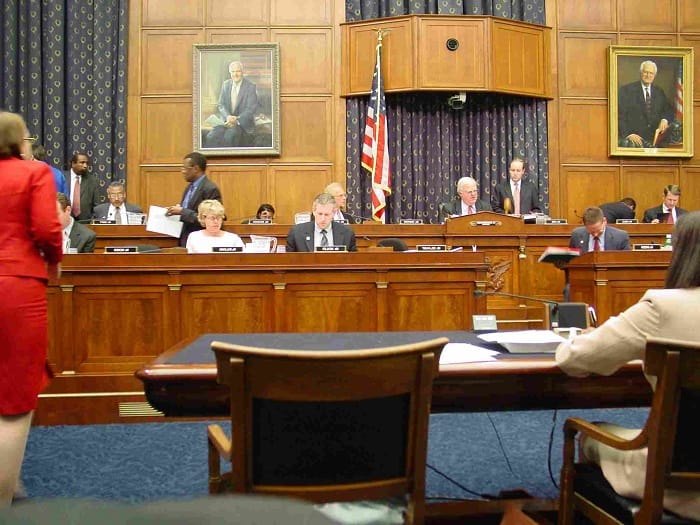Essay on The Judiciary
The case of Lopez vs. Smith resulted in the court’s ruling according to which the federal court may grant relief to prisoners, who is seeking relief, only on the ground of the violation of the Supreme Court’s ruling but not the ruling of the court at the state level. In this regard, the court’s ruling was grounded on the Article 3 of the US Constitution, which determines the judicial power of courts and jurisdiction of federal and state courts. At first glance, this court ruling is just but, in its essence, the court ruling leads to the federalization of the US criminal justice system, when the authority shifts toward the federal court, whereas state courts are deprived of their power.
In fact, the case of Lopez vs. Smith involved the attempt of the defendant to seek for federal habeas relief, after his attempts was denied by the state court of appeals. As the case proceeded, the Supreme Court of the US has taken the final decision which stated that the prisoner could obtain relief only, if there was the violation of the Supreme Court’s ruling, whereas the defendant referred to the violation of the habeas relief at the state court level. This is why he appealed to the Supreme Court seeking the habeas relief, but the Supreme Court took the negative decision insisting that there was no violation of the Supreme’s court ruling.
This decision is unjust in terms of the redistribution of the judicial power between the federal and state courts. Alex Coolman (2014) insists that the Supreme Court’s ruling has triggered the aggressive federalization of the US court system with the shift of power toward the Supreme Court and federal courts at large, at cost of the power taken from state courts. Taking into account the autonomy of state courts and their jurisdiction, such a decision is unjust and limits their power within their states.
Do you like this essay?
Our writers can write a paper like this for you!



